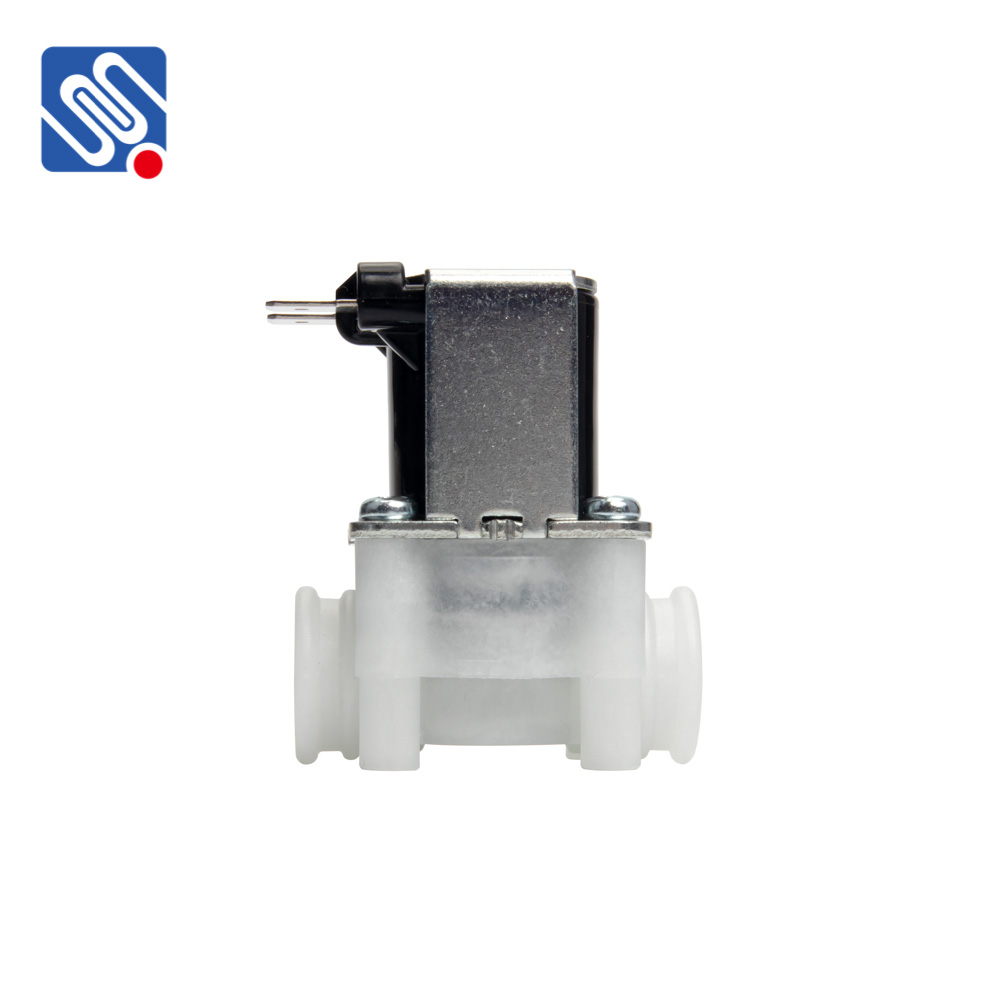understanding pvc solenoid valves: functionality, applications, and advantages
Release time:2025-11-15 00:03:44
A PVC solenoid valve is a type of electrically operated valve that uses a solenoid (an electromagnet) to control the flow of liquids or gases through a pipeline. These valves are made from polyvinyl chloride (PVC), a durable and corrosion-resistant plastic material, making them an ideal choice for various industries, especially those involving aggressive chemicals, water treatment, or other fluid systems. In this article, we will explore the functionality, applications, and advantages of PVC solenoid valves, as well as why they are a preferred choice in many industrial systems.

What is a PVC Solenoid Valve? A PVC solenoid valve consists of two main components: a solenoid coil and a valve body made of PVC. The solenoid coil, when energized, creates a magnetic field that moves a plunger within the valve body, opening or closing the valve. When the solenoid is de-energized, a spring typically forces the valve to return to its default position, either open or closed, depending on the valve design. These valves are primarily used for controlling the flow of fluids such as water, air, and chemicals in various industrial processes. The PVC material used for the valve body ensures that the valve is resistant to corrosion, making it ideal for applications in systems that handle aggressive chemicals or harsh environments.

